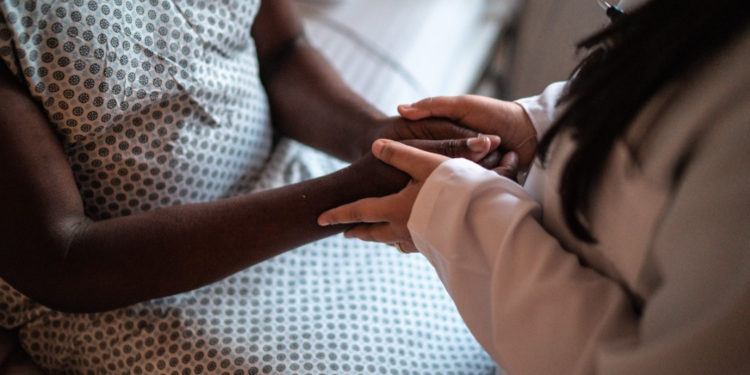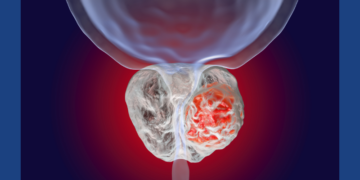Researchers at Northwestern Medicine have found that uterine serous carcinoma (USC) tumors in Black patients exhibit more aggressive and immunosuppressive characteristics compared to those in white patients.
Aug 14, 2024 Story by: Editor
Researchers at Northwestern Medicine have identified that uterine serous carcinoma (USC) tumors in Black patients exhibit more aggressive and immunosuppressive traits compared to those in white patients, as revealed in a study published on August 12 in Proceedings of the National Academy of Sciences.
USC, a rare and aggressive form of endometrial cancer, accounts for up to 10% of all primary endometrial cancer cases, according to the Foundation for Women’s Cancer. The five-year survival rate for advanced cases hovers around 30%.
Black women are disproportionately affected by USC, with previous studies showing distinct cancer driver mutations in tumors from Black patients compared to white patients.
“Our environment, socioeconomic status and societal stressors can all impact us psychologically,” explained Julie Kim, senior author of the study and Susy Y. Hung Research Professor of Obstetrics and Gynecology at Northwestern Feinberg School of Medicine. “If the environmental insults are chronic, they can have an impact on health. We are seeing differences in these tumors in terms of the genes that they express, in terms of the immune system and the immune response.”
The research team included senior author Kim and lead author Grace Foley, a student in the Driskill Graduate Program in Life Sciences. Mazhar Adli, the Thomas J. Watkins Memorial Professor of Tumor Genomics and an assistant professor of obstetrics and gynecology, also contributed as a co-author. Both Kim and Adli are members of the Robert H. Lurie Comprehensive Cancer Center of Northwestern University.
In their investigation, the researchers compared the molecular and genomic characteristics of USC tumors between Black and white patients by conducting single-nuclei RNA sequencing on USC tumor samples from four white patients and nine Black patients.
“These tumors are very rare, and so it’s difficult to get samples,” Kim noted. “We had to rely on tumor banks that have been established to obtain these samples.”
Their findings showed that tumors from Black patients had higher expression of genes linked to tumor aggressiveness, particularly PAX8, which is also commonly elevated in other types of endometrial and ovarian cancers, when compared to white patients. Additionally, patients whose tumors showed higher PAX8 expression had worse overall survival rates.
The researchers further discovered that PAX8 plays a role in regulating macrophages — specialized white blood cells that destroy cancer cells and stimulate other immune cells — within the USC tumor microenvironment, suppressing anti-tumor immune responses. This phenomenon was more prevalent in tumors from Black patients.
“This is the first time PAX8 has been investigated for its involvement with immune signaling,” said Foley. “Hopefully, this work can contribute to our understanding of endometrial cancer and improve survival for these patients.”
According to Kim, these findings may guide new strategies aimed at reducing disparities in patient outcomes. The clinical importance of increased PAX8 expression, especially in Black patients, could offer a new therapeutic target.
The team’s next steps involve replicating their findings in a larger patient group and identifying existing drugs that may improve immune system responses in tumors with elevated PAX8 expression.
“It’ll be important to test what we found in a larger cohort to make sure that this is indeed something that is fundamentally different between Black and white women,” Kim emphasized. “We want to gather more data so that we can be confident in potentially testing compounds in preclinical studies before moving towards clinical trials.” Source: Northwestern Now

















